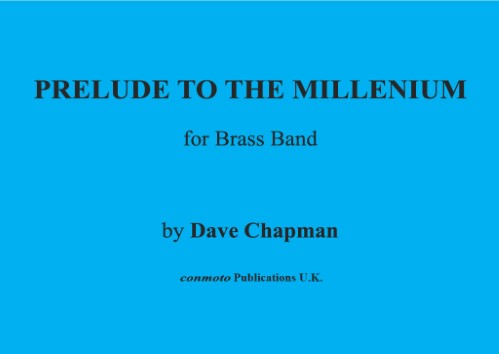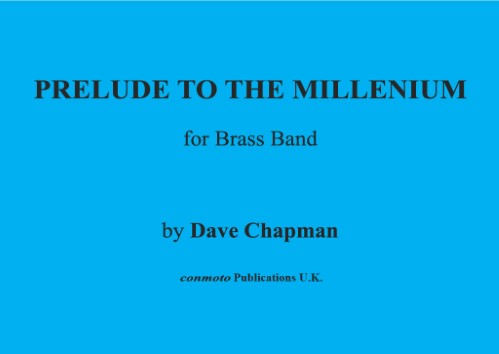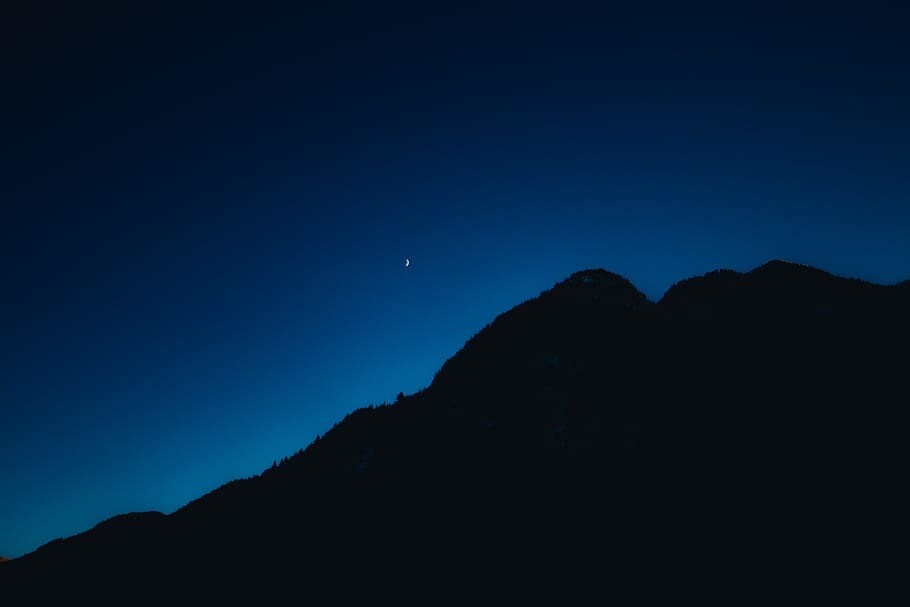Results
-
 £8.50
£8.50PRELUDE TO THE MILLENIUM (score) - Chapman, Dave
If you require further information on PRELUDE TO THE MILLENIUM (score), please
In stock: Estimated dispatch 1-3 days
-
 £27.50
£27.50PRELUDE TO THE MILLENIUM (score & parts) - Chapman, Dave
If you require further information on PRELUDE TO THE MILLENIUM (score & parts), please
In stock: Estimated dispatch 1-3 days
-
 £30.00
£30.00Edward Gregson: Birthday Prelude for Brass Band
DescriptionThis short work for brass band was written in 1982 for a concert to celebrate the 80th birthday of Harry Mortimer, one of the great figures in the world of brass bands. Not surprisingly, it references the well-known song Happy Birthday, in a breezy, up-tempo, short concert prelude.The premiere was given at the Free Trade Hall in Manchester by the Fodens Band, conducted by Howard Snell.In 2014 the composer revised it for a trip to the North American Brass Band Championships, where it was performed, also as an 80th birthday tribute, this time to the composer's brother Bram; it was subsequently dedicated to both Harry Mortimer and Bram Gregson.For more information on Edward Gregson's music please visit the composer's website: www.edwardgregson.com
Estimated dispatch 7-14 working days
-

 £32.99
£32.99Prelude Number 1 For Brass Band, Joseph Knight
This is a five minute prelude for brass band. It has an ABA form with a jazzy middle section. The subtitle is taken from the biblical text 'Awake O Sleeper' from Ephesians 5, the full quote is "Awake, O sleeper, and arise from the dead, and Christ will shine on you". This is reflected within the music as in the recapitulation of the A section it moves into an almost fanfare finale.
Estimated dispatch 5-7 days
-
 £30.00
£30.00A Rachmaninoff Prelude - Rachmaninoff
An arrangement by Tim Paton of this Rachmaninoff favourite for brass band.Comments from Tim:I first heard the Rachmaninoff Prelude in G minor when my brother, (Dr) Rod Paton, used to play it on the piano. The martial sound of the opening theme caught my imagination, and I knew then that this piece would sound magnificent if played by a brass band - if you like the music of Rachmaninoff, then you will love this piece! That spectacular sound that we all know, with busy, melodic bass lines, and a middle section in his well known 'romantic' style - I could already hear the euphonium playing those rippling arpeggios. In response to the enthusiasm for this magnificent piece, I have lightheartedly commented that maybe he wrote it for brass band, but there wasn't one available, so he did it for piano instead!Look and Listen (Score-reading digital sound sample):
Estimated dispatch 7-14 working days
-
 £30.00
£30.00Night on Bald Mountain (Prelude)
Inspired by Russian literary works and legend, Mussorgsky composed St. John's Eve on Bald Mountain on the theme of a Witches' Sabbath occurring on St. John's Eve, which he completed on that very night, 23rd June 1867. In 1886, five years after Mussorgsky's death, Rimsky-Korsakov published an...
In stock: Estimated dispatch 1-3 days
-
 £37.95
£37.95JUBILEE PRELUDE (Brass Band) - Sparke, Philip
Duration: 4:49 Recorded on Polyphonic QPRL089D Harmony Music
Estimated dispatch 7-14 working days
-
 £46.20
£46.20PRELUDE TO A SOLEMN OCCASION (Brass Band) - Holst, Gustav - Fernie, Alan
Medium/Easy - Based on a theme by Gustav Holst
Estimated dispatch 7-14 working days
-
 £32.00
£32.00Chorale Prelude
This stately work is very loosely based on the opening chords from 'The Lamb', although there are no direct quotations from that work. The opening chorale is played as gradually more themes are added above in a dignified and legato subject where instruments sustain notes to give a lingering echo effect. Players need to be aware of their role in this to maximise the effect. The second subject increases the intensity until the time signature change introduces a second chorale. Then, a short imitative passage leads to a rising appogiatura theme and the climax of the work, which re-introduces the original chorale in a major tonality. With versions for brass ensemble, brass band, wind orchestra and woodwind orchestra, this work has been placed in concerts when a meaningful, reflective moment is required.
